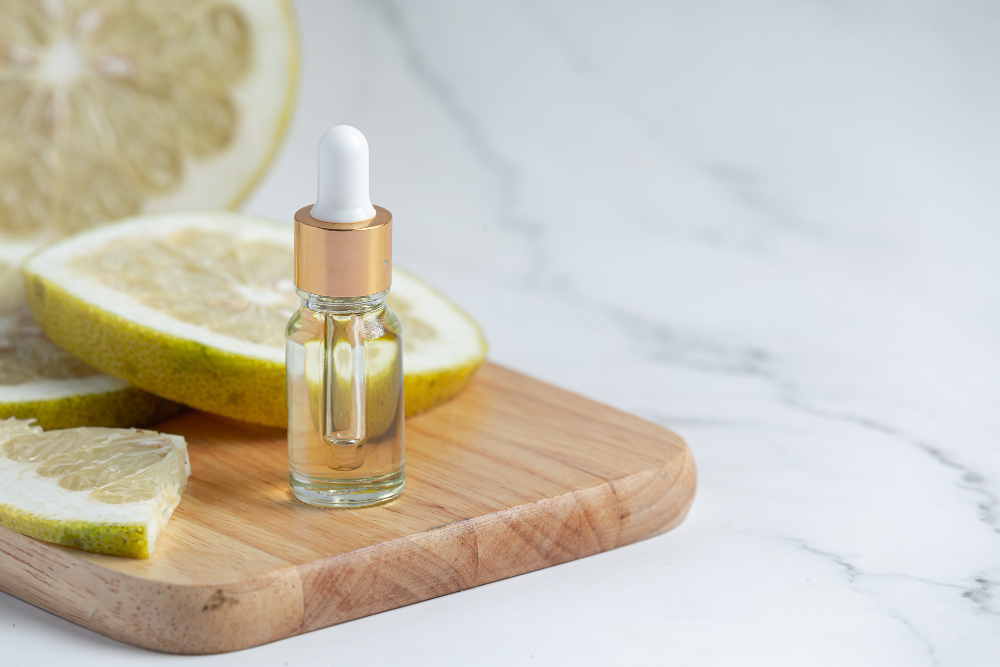Antioxidant Skin Care Benefits
Antioxidant skin care benefits include stabilizing free radicals, which are responsible for the changes in the cells that are a hallmark of aging. Antioxidants stabilize free radicals by donating an electron to them. Once stabilized, these molecules are harmless and do not turn back into free radicals. This makes antioxidants a vital component of skincare products. They help to keep your skin looking young, smooth, and healthy.
Vitamin E
Vitamin E is a powerful antioxidant and is great for the skin. It helps protect the skin from the damage caused by free radicals, aging, and environmental pollution. It also helps brighten the skin and reduce inflammation. Additionally, vitamin E helps the skin stay hydrated by increasing water content in the outer layer. These benefits make vitamin E a great choice for skincare products.
Vitamin E comes in several forms, but the most common one is alpha-tocopherol, which is very soothing and moisturizing. It also blocks enzymes that break down elastin, which is important for the skin's elasticity. It's often used in anti-aging products and sunscreens.
Vitamin E is naturally found in the body and is found in many foods. Most skincare products contain this essential vitamin. It can also be obtained from supplements. Several forms are available in the market, including d-alpha-tocopherol, dl-alpha-tocopherol, and d-alpha-tocopherol acetate.
Vitamin E is a powerful antioxidant. It can be found in face oils, moisturizers, and serums. Its most common form is tocopherol, and it can be combined with vitamin C. Combining these two vitamins can increase their efficiency and help your skin absorb both. Vitamin E also helps vitamin C stay stable, and the two work together to help fight oxidative stress.
Vitamin E is often used in skincare products, but in small concentrations. You're unlikely to get the full benefits of vitamin E if you take it in capsule form. Vitamin E is also available in a variety of fortified cereals.
Retinol
Despite retinol's benefits, it's not right for everyone. It can irritate the skin and cause dryness, flaking, and redness. Luckily, there are products that contain lower concentrations of retinol to reduce the redness and irritation.
Retinol stimulates the skin's fibroblasts to synthesize collagen fibres. This helps to prevent the appearance of fine lines and wrinkles and even out the skin texture. In addition, retinol inhibits the production of matrix metalloproteinases and enhances the synthesis of tissue inhibitors. Using retinol can also help to prevent acne breakouts by unclogging blocked pores. This is important because comedones are caused by accumulated skin cells and oil.
Antioxidants are man-made compounds that stop chemical reactions that damage the skin. They can be found in fresh fruit and vegetables, or you can apply them topically. Vitamin C and E are good examples of antioxidants, which work best when used in combination. They work by reversing the effects of free radicals and preventing oxidative stress.
Retinol is effective on all parts of the body, but most of its applications are for the face. A good retinol-containing facial cream will have a high concentration of retinol and include anti-aging ingredients such as coenzyme Q10.
Vitamin C
Vitamin C has numerous skin care benefits, from protecting the skin from environmental stressors to preventing damage from UV radiation. The skin creates free radicals as a result of normal cellular processes and environmental insults. These free radicals are harmful to skin cells and can lead to premature aging and the appearance of fine lines and wrinkles. Free radicals are also responsible for causing skin cancer. Vitamin C helps prevent free radical damage and improve the appearance of wrinkles and other signs of aging.
Vitamin C is one of the most common antioxidants and can benefit all skin types. However, it is important to choose the right form for your skin type. Some skin types require high concentrations of vitamin C while others may need lower amounts of the compound to get the desired benefits. In addition, you should select a product that contains a low pH of 3.5 or less for optimum absorption.
Vitamin C moisturizers are becoming more popular. Typically, these products should be applied at the end of a skin-care routine. However, you can use vitamin C creams daily or twice a day, depending on your skin type. You should avoid combining vitamin C with any other active ingredients to avoid causing irritation. It is also recommended to introduce it slowly, starting with every other day if your skin is sensitive.
Vitamin C is a small molecule antioxidant that contributes to photoprotection. It also plays a crucial role in wound healing. It is also an important component in collagen synthesis. Dietary and oral vitamin C supplements may protect your skin against UV-induced damage, though further studies are required to determine the extent of photoprotection.

